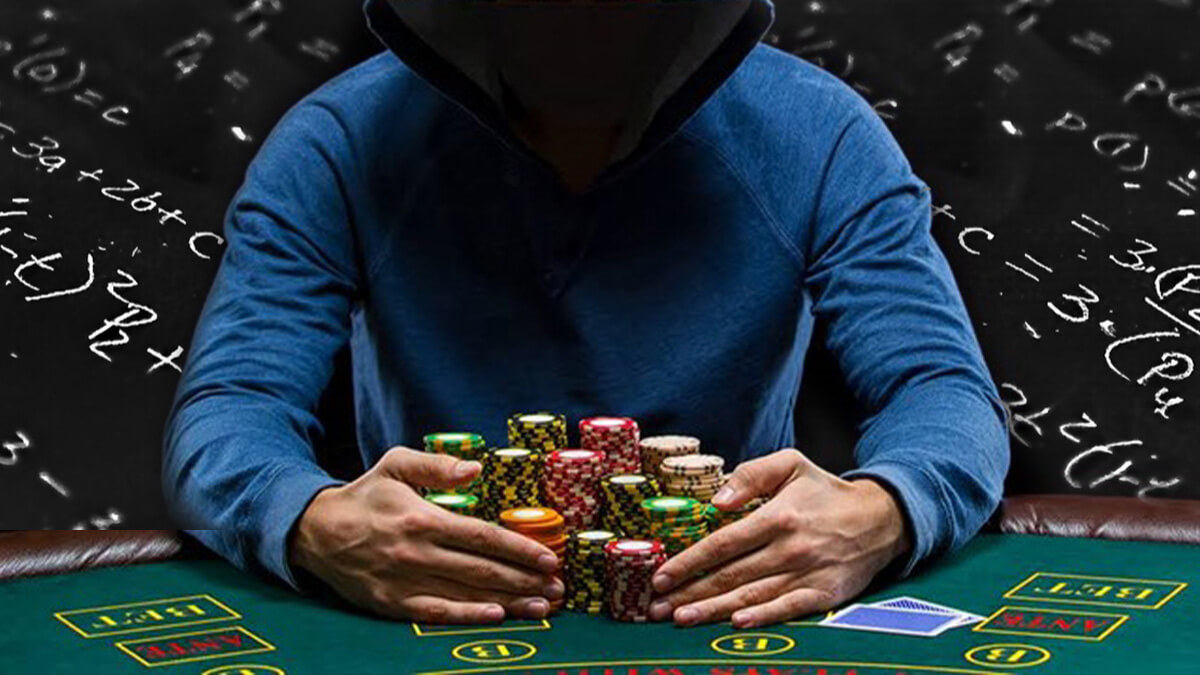Poker players have long sought the most effective tactics for winning the game. Even though poker is linked with chance and gambling, it requires a significant degree of skill and poker math to play. The theory of the game entails a grasp of mathematical principles to increase one’s chances of winning. The better a poker player’s skill level, the more likely they will win over a long series of rounds.
The Mathematics Of Poker
Poker necessitates a wide range of skills and the ability to read situations. If players can adequately read their opponents, they will have an edge when playing each poker hand. Mathematical skills are put to the test here, with the ideas of Poker and Probability coming in useful. A player should assess the poker game probabilities of winning the hand in each circumstance, whether for himself or his opponent in a poker series.
Calculate Expected Value In Poker Using Probability
To begin, the expected value is a poker math approach that specifies how much money a player wishes to gain or lose on average. In other words, a player generally has five alternatives in a game of poker: call, raise, check, bet, or fold. Now, each of these choices has an anticipated value associated with it. As a result, although some of these wagers may result in a profit, others may result in a loss. Now, among the acts that will earn you money, some will earn you more money on average than others. As a result, the primary goal of applying expected value poker math is to guarantee that you only make the best possible play.
Probability In Poker For Poker Equity
Pot equity, often known as poker equity, is a poker math strategy employed by most professional poker players worldwide. This poker probability method evaluates whether a player should bet or check in specific poker scenarios. Let’s see what equity in poker truly means.
Simply put, “equity” refers to the amount of money now in the pot that “belongs” to you. This equity is generally computed depending on your chances of winning at a specific time in the hand. For example, if you have a 70% probability of winning with a particular hand, you now have 70% equity in hand. In general, there is no quantitative method for determining poker equity. Instead, the equity % statistics are generally generated in specific scenarios utilising repeated poker math computer simulations. During a typical poker game, this is essentially done to calculate an estimate of each hand’s likelihood of winning.
Reverse Implied Odds Probability In Poker
The reverse implied odds are the polar opposite of implied odds, as the name suggests. Put another way, the indicated odds poker math technique is utilised to determine how much money you’ll win if you complete a draw. On the other side, the poker probability method for reverse implied odds may be used to predict how much a player will lose if he can accomplish a draw, but his opponent still has a more substantial hand. Assume you’ve calculated your implied odds and feel you need to place a wager. Then, calculate your reverse implied odds to evaluate if you should go forward with the call to make your draw.
